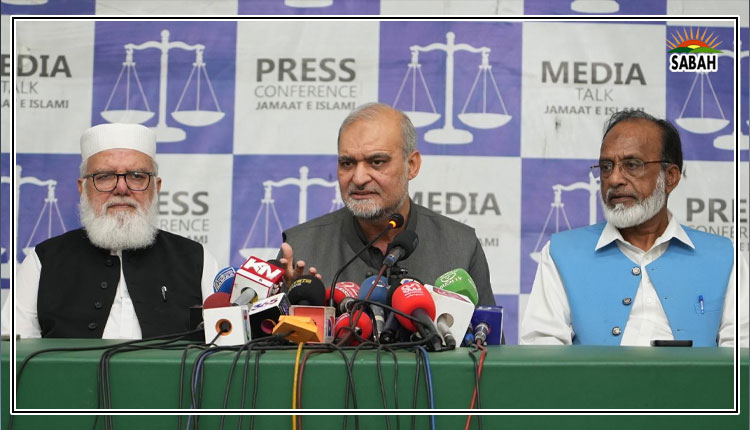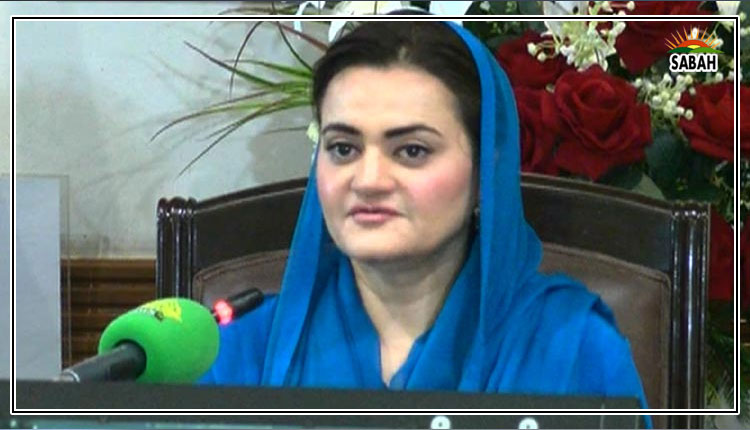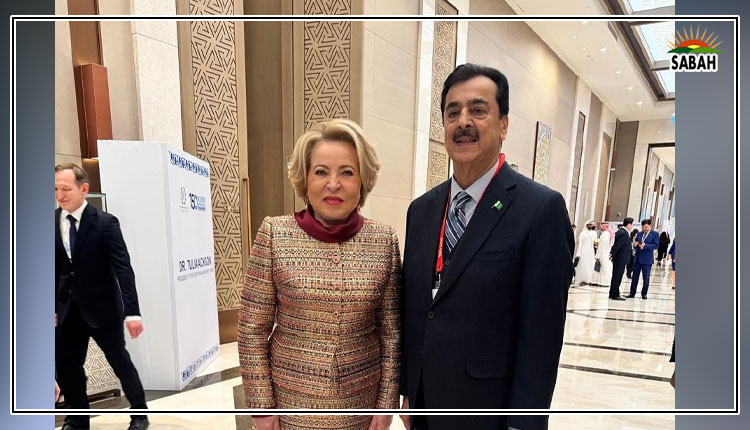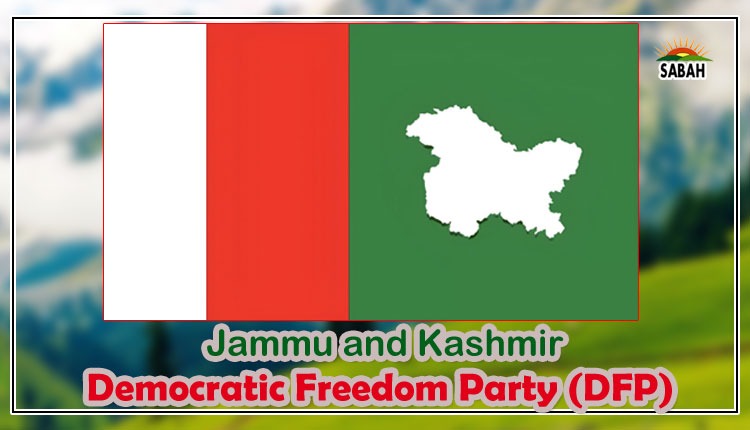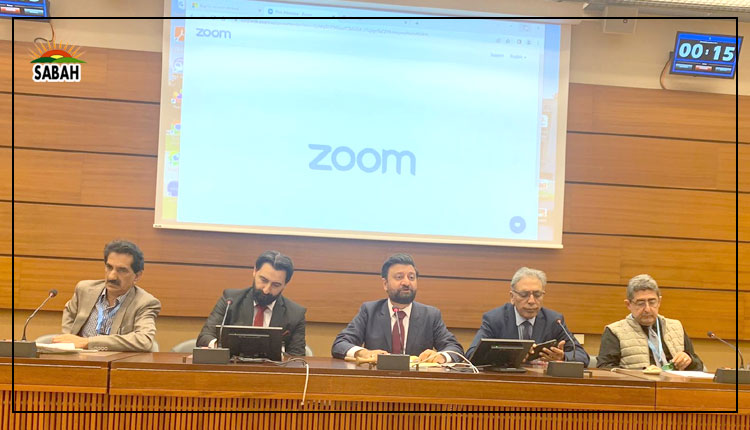Sustainable development is linked to settlement of unresolved Kashmir dispute: Speakers say at a seminar hosted by International Action for Peace & Sustainable Development
GENEVA, Sep 28 (SABAH): Speakers at a seminar hosted by International Action for Peace & Sustainable Development while emphasizing on the importance of conflict resolution have said that the loft goal of sustainable development in the region would remain elusive unless the dispute of Kashmir is resolved peacefully in accordance with the UNSC resolutions.
The seminar titled “Right to Development & Sustainable Development Goals” was addressed and attended by prominent political and human rights activists, legal experts, academicians hailing from different parts of the world including Mehmat Sukru Guzel, Advocate Parvaiz Ahmed Shah, Muzamil Ayoob Thakur, Ali Raza Syed, Zaffar Ahmed Qureshi and others.
The speakers while tearing apart the Indian government’s so-called development narrative in Kashmir in shreds said that it was quite unfortunate that the Indian government has been remorselessly projecting its policy of marginalization, disempowerment of majority community, forced evictions and dispossession of Kashmiris of their lands as a sustainable development in Kashmir.
Terming the Indian government’s claims of normalcy and development as a pack of lies, they said the fast deteriorating political and human rights situation in the Indian occupied Kashmir belie the Indian government’s claims.
India, they said, has always been peddling lies to create a smokescreen to befool the international community. They said that the ground reality stands witness to the fact that the situation in the restive region had further deteriorated in the aftermath of 5th August 2019 when the Indian government unilaterally revoked article 370 and 35 of the Indian constitution.
Since the annulment of Kashmir’s special status by the BJP government, they said that Kashmiris have been feeling robbed of their political and cultural identity. Referring to a series of new laws enacted in the state, they said that changing the state’s age old, land and domicile laws have opened floodgates for outsiders to settle in the region.
“Kashmiris are being deprived of their resources, jobs and even of their land”, they said, adding that under new laws the Indian government had paved a way for the non-Kashmiris to buy land in Kashmir and settle there permanently. They said that it was a disastrous recipe for converting Muslim majority state into a minority.
While on the other they said that the Indian army has been given a free license to declare any area or a piece of land of their choice as “strategic”. Under the guise of this newly introduced law, they pointed out that the Indian army was forcibly dispossessing Kashmiris of their properties.
Terming peace and stability as key to promotion of sustainable development, they said that the continued conflict and years-long military occupation have marred the socio-economic development in the region. They said that sustainable development was inescapably linked to the settlement of the disputes because the Sustainable Development Goals could not be achieved without peace and stability.
Calling for an early and amicable solution of the dispute, the speakers said that economic prosperity, smooth and sustainable development in the region was linked to a just and equitable solution of the dispute. The first step towards “sustainable development” in Kashmir, they said, begins with implementing the UN Security Council resolutions and granting the people of Indian Occupied Kashmir the right to self-determination.
Referring to the suffocating situation in the region, they said that people in Kashmir continued to live in a state of fear, chaos and uncertainty. “Civilians are humiliated, traders are being harassed whereas a witch hunt against human rights defenders, religious intellectuals and political activists goes on unabated”, they said.
About the BJP government’s religious and cultural aggression against Kashmiris, they said that India wanted to annihilate and eliminate the indigenous population of Indian Occupied Kashmir through settler colonialism policy. About the wholesale loot and plundering of Kashmir’s natural resources, they said that India rulers have been mercilessly robbing Kashmiris of water and other natural resources to improve lives of the people in Indian mainland whereas Kashmiris have been deprived of electricity and other basic amenities of life in their own homeland.
Describing right to education as essential for sustainable development, they said that education remained to be one of the worst hit sectors after the economy and health in the Indian held territory of Jammu and Kashmir.
The speakers said that achieving the long-cherished goal of right to self-determination was Kashmiris’ first whereas right to development was secondary in their priorities.



